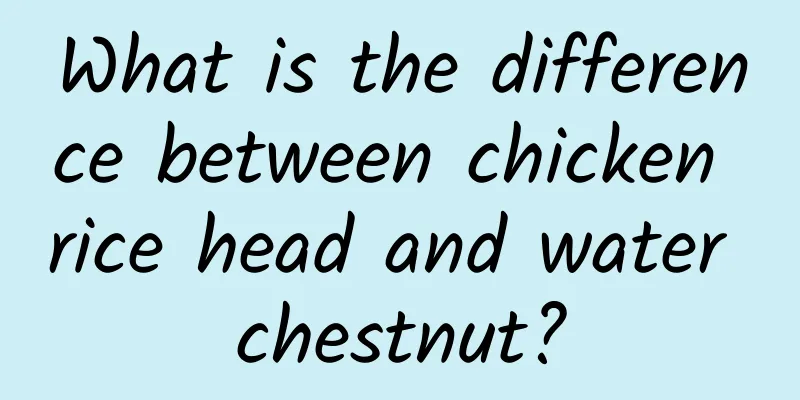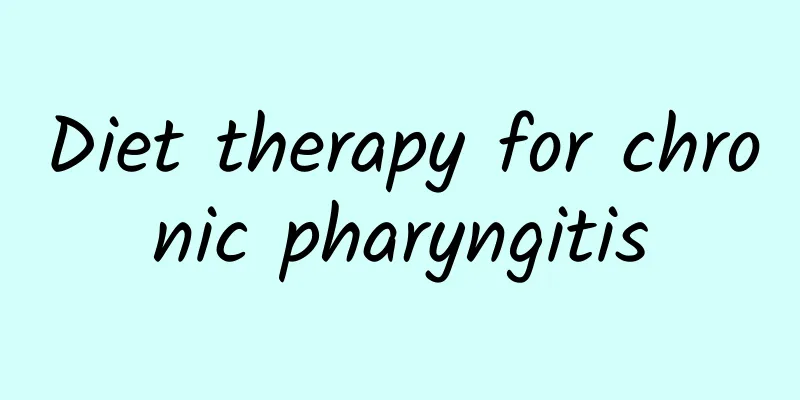Symptoms of encephalitis in children

|
Children will have many symptoms after they get encephalitis. First of all, in the early stage of the disease, encephalitis is a bit like a cold, and will have symptoms of high fever. As the disease progresses, the child will vomit, have diarrhea, convulsions, coma and other symptoms. In severe cases, it will cause memory loss, incontinence, and even pose a great threat to the child's life safety. Symptoms of encephalitis in children 1. Children in the prodromal phase have symptoms such as fever, headache, myalgia, vomiting, and diarrhea. 2. The symptoms of encephalitis vary in severity, mainly manifesting as neuropsychiatric abnormalities. Manifestations of neurological abnormalities include fever, headache, vomiting, drowsiness, coma, convulsions, etc. In severe cases, abnormal symptoms may occur in the cerebrum, hypothalamus, basal ganglia, brainstem, cerebellum and spinal cord. Mental abnormalities manifest as excitement, talkativeness, irritability, crying and laughing at random, insomnia, abnormal behavior, hallucinations, fantasies, or indifferent expression, silence, decreased activity, refusal to eat, poor orientation, memory loss, incontinence, etc. 3. Associated symptoms are symptoms of corresponding viral infection before or at the same time as the onset of encephalitis. The dangers of encephalitis in children Epidemic encephalitis B (encephalitis) is an acute infectious disease that is mostly prevalent in summer and autumn, especially in July, August and September. This disease can affect both adults and children, but children under ten years old are more susceptible to infection. Japanese encephalitis is caused by a neurotropic virus that primarily invades brain tissue. After becoming ill, the patient initially suffers from high fever, headache, chills, and vomiting, followed by some neurological symptoms such as irritability, drowsiness, and coma. Some may also have convulsions and stiff neck, which are signs of brain damage. Some patients will suffer from sequelae such as quadriplegia, aphasia, and stupidity after the illness. Prevention of encephalitis in children Although Japanese encephalitis is a very serious infectious disease, it can be completely prevented as long as we actively take preventive measures. The virus that causes Japanese encephalitis has a characteristic that it likes to live in the brains of humans and animals close to humans, especially in the bodies of Aedes mosquitoes. When a mosquito sucks blood containing the virus, the virus multiplies in the mosquito's body. After a latent period, when it bites a person again, it transmits the virus to a healthy person. Once the virus enters the human body, it travels through the blood to the spinal cord and brain, where it grows and multiplies in large numbers, and the person then gets encephalitis. Since Aedes mosquitoes are the main vector of Japanese encephalitis, the most effective way to prevent encephalitis is to completely eliminate mosquitoes. Mosquito control mainly involves removing their breeding sites, turning over pots and cans, and filling up potholes, tree holes and other places where water easily accumulates. Removing weeds and unclogging drains are also the most effective measures to eliminate mosquitoes and prevent encephalitis. You can also use mosquito nets, mosquito repellent oil, and mosquito coils to kill and prevent mosquitoes. Vaccination with inactivated Japanese encephalitis vaccine can improve the body's immunity and is suitable for children, students and the military. The mortality rate of Japanese encephalitis patients is around 10%. Most patients with mild and common types can recover smoothly, but the mortality rate of fulminant and severe brainstem types is very high. When encephalitis patients are found, they should be sent to medical treatment promptly, the patient's residence should be disinfected, and mosquitoes in the patient's home should be eliminated to prevent the disease from being transmitted to others. |
<<: Early symptoms of encephalitis in 4-year-old children
>>: What are the symptoms of mild encephalitis?
Recommend
What's the fastest way to reduce swelling on your face?
In daily life, many people have experienced swoll...
As the peak season for herpetic pharyngitis in children approaches, preventive care is essential!
Herpangina is a special type of acute upper respi...
What are the effects and functions of Fuzi Lizhong Decoction?
We often hear the name Fuzi Lizhong Decoction. It...
How to make mullet soup for surgical patients
Mullet soup for surgical patients usually needs t...
Does tetanus affect pregnant women?
Pregnant mothers should not abuse drugs during pr...
What are the symptoms of toxins in the blood?
Toxins in the blood are the contributing factors ...
Symptoms of osteonecrosis
Bones have the function of protecting the human b...
Can safflower and Panax notoginseng be taken together?
Safflower is a plant that has the effects of prom...
How to determine if the fetus has stopped developing
The fertilized egg is actually very similar to a ...
What is the yellow throat?
The popularity of Sichuan hotpot is beyond people...
Can taking Chinese medicine shrink tumors?
Nowadays, tumors are a very difficult disease to ...
Precautions after freezing corns
The treatment of corns is still relatively diffic...
Rotavirus infection
Diseases are very harmful to human health. There ...
Side effects of long-term consumption of tiankui seeds
Most of the Tiankui seeds grow and develop in Jia...
Left testicle contraction
As we all know, if men want to discharge healthy ...









